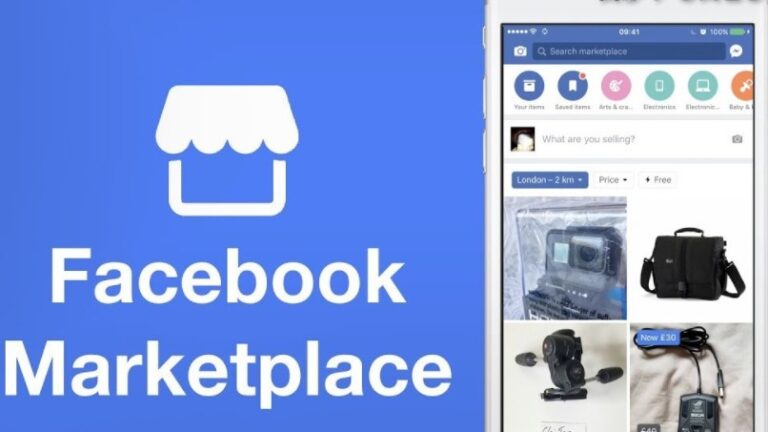Top LMS Features College Admissions Consultants Should Leverage

In the highly competitive landscape of college admissions, consulting firms must stay ahead by adopting tools that streamline processes and enhance client outcomes. One such tool is a Learning Management System (LMS). Designed to facilitate learning, organization, and communication, LMS platforms can be a game-changer for college admissions consultants.
Below, we explore the top LMS features that consulting firms should leverage to improve their services and ensure student success.
1. Customizable Dashboards for Personalized Guidance
A standout feature of many LMS platforms is the ability to create customizable dashboards. For college admissions consultants, this means tailoring the platform to reflect each student’s unique application journey. Consultants can:
- Track individual milestones, such as essay drafts, recommendation letters, and application deadlines.
- Provide students with a clear overview of their progress.
- Offer personalized resources, such as college-specific requirements or sample essays.
Customizable dashboards empower students to stay organized and focused, reducing the risk of missed deadlines and overlooked tasks.
2. Task Management and Deadline Tracking
The college application process involves juggling multiple tasks and deadlines. An LMS with robust task management and tracking capabilities can:
- Automatically send reminders for upcoming deadlines.
- Assign specific tasks, such as completing test registrations or submitting financial aid forms.
- Allow consultants to monitor task completion in real-time.
These features ensure accountability and help students manage their time effectively, a crucial skill during the high-pressure application season.
3. Collaborative Tools for Seamless Communication
Collaboration between students, parents, and consultants is essential in college admissions consulting. LMS platforms equipped with collaborative tools foster seamless communication by offering:
- Integrated messaging systems for quick queries and updates.
- Shared document editing for essay revisions and application reviews.
- Discussion boards for group sessions or peer feedback.
By centralizing communication, these tools reduce the need for scattered emails and ensure that all stakeholders remain on the same page.
4. Analytics and Progress Reports
Data-driven insights are invaluable for tracking student performance and identifying areas for improvement. An LMS with analytics and reporting capabilities can:
- Provide detailed progress reports on completed tasks and milestones.
- Highlight areas where students may need additional support, such as standardized test preparation or essay development.
- Offer insights into overall trends, helping consultants refine their strategies.
Top college admissions consulting firms often use these insights to deliver highly personalized and effective guidance, setting them apart from competitors.
5. Resource Libraries and Knowledge Repositories
An LMS serves as a centralized hub for valuable resources. Consultants can curate a library of materials, including:
- College-specific admission guides.
- Sample essays and interview preparation tips.
- Videos and webinars on application strategies.
Having these resources readily available allows students to access the information they need, anytime and anywhere, fostering independence and self-learning.
6. Integration with Third-Party Tools
To maximize efficiency, an LMS should integrate seamlessly with third-party tools commonly used in the admissions process. Examples include:
- Calendar apps for syncing deadlines.
- Platforms for virtual meetings and consultations.
- Test prep software for SAT, ACT, or GRE preparation.
Such integrations streamline workflows and ensure that students and consultants can access everything they need in one place.
7. Mobile Accessibility for On-the-Go Support
In today’s fast-paced world, mobile accessibility is a must. An LMS with a user-friendly mobile app ensures that students can:
- Check deadlines and updates on the go.
- Communicate with their consultant anytime, anywhere.
- Access resources and complete tasks from their smartphones or tablets.
This flexibility is especially beneficial for students balancing school, extracurriculars, and the college application process.
8. Security and Data Privacy
Given the sensitive nature of student data, an LMS must prioritize security and privacy. Features such as encrypted communication, secure login protocols, and compliance with data protection regulations ensure that:
- Student information remains confidential.
- Parents and students can trust the platform.
- Consultants maintain their professional reputation.
Conclusion
Adopting an LMS with these features can significantly enhance the services offered by college admissions consulting firms. By streamlining processes, fostering collaboration, and leveraging data-driven insights, consultants can deliver unparalleled support to their clients.
For best college admissions consulting firms, integrating an LMS is not just an option but a necessity in today’s competitive market. By embracing technology, these firms can ensure that every student receives the personalized guidance they need to achieve their academic goals. Whether it’s task management, resource accessibility, or real-time communication, the right LMS can make all the difference in navigating the complex college admissions journey.







